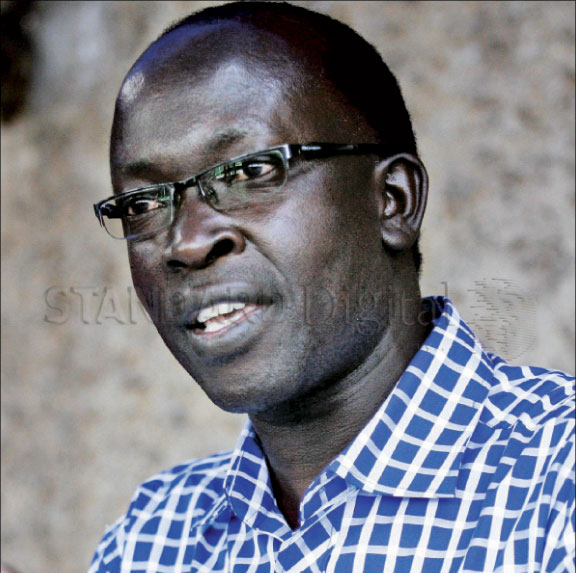×
The Standard e-Paper
Fearless, Trusted News
 |
| Walter Barasa. ICC has ordered for his arrest for ‘trying’ to bribe prosecution witnesses. [PHOTO: FILE/STANDARD] |
By FELIX OLICK
The International Criminal Court (ICC) has ruled out the possibility of its arrest warrant against Journalist Walter Barasa being challenged in the Kenyan Judiciary.